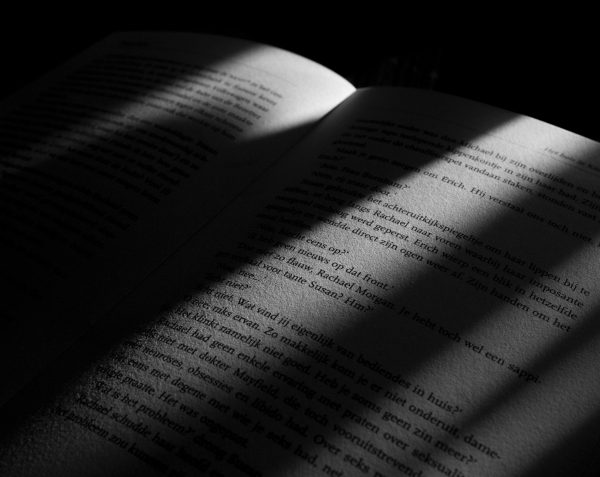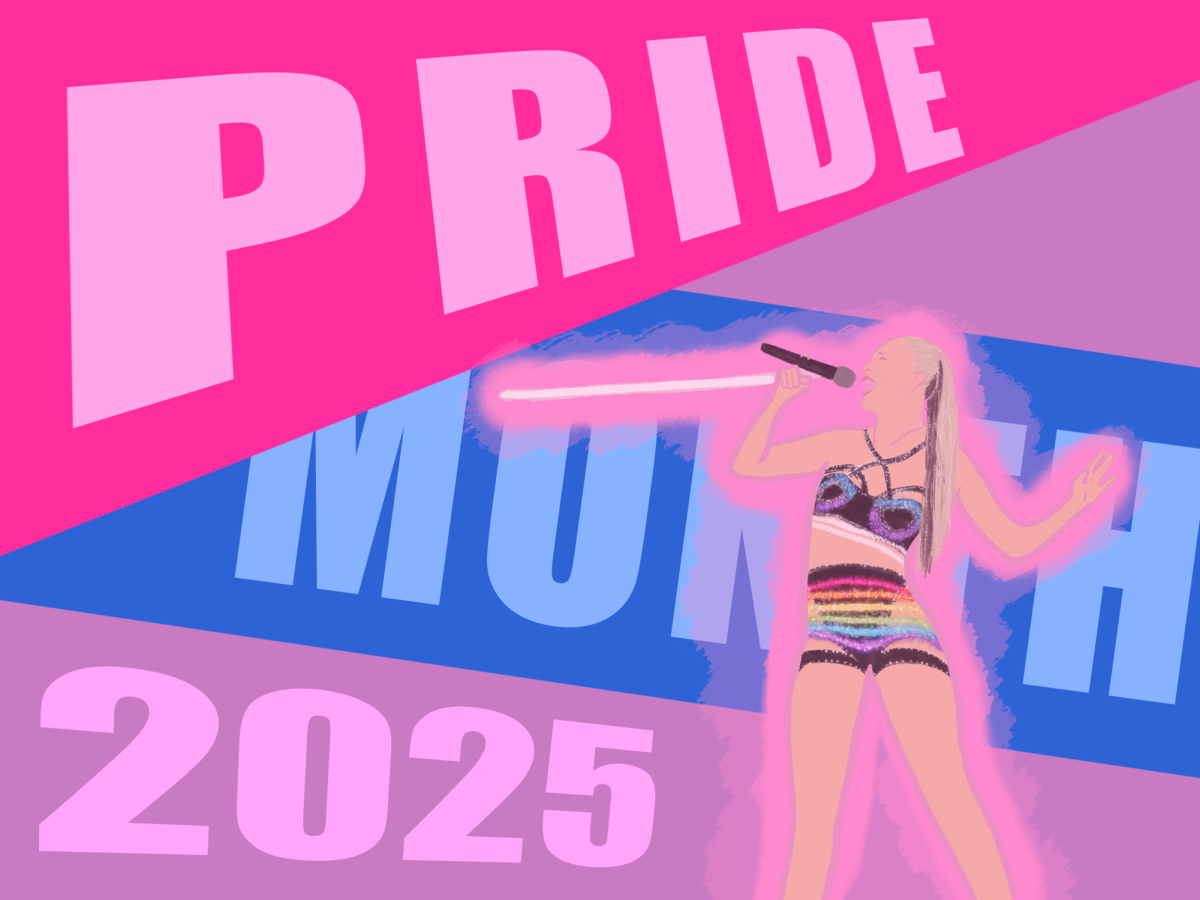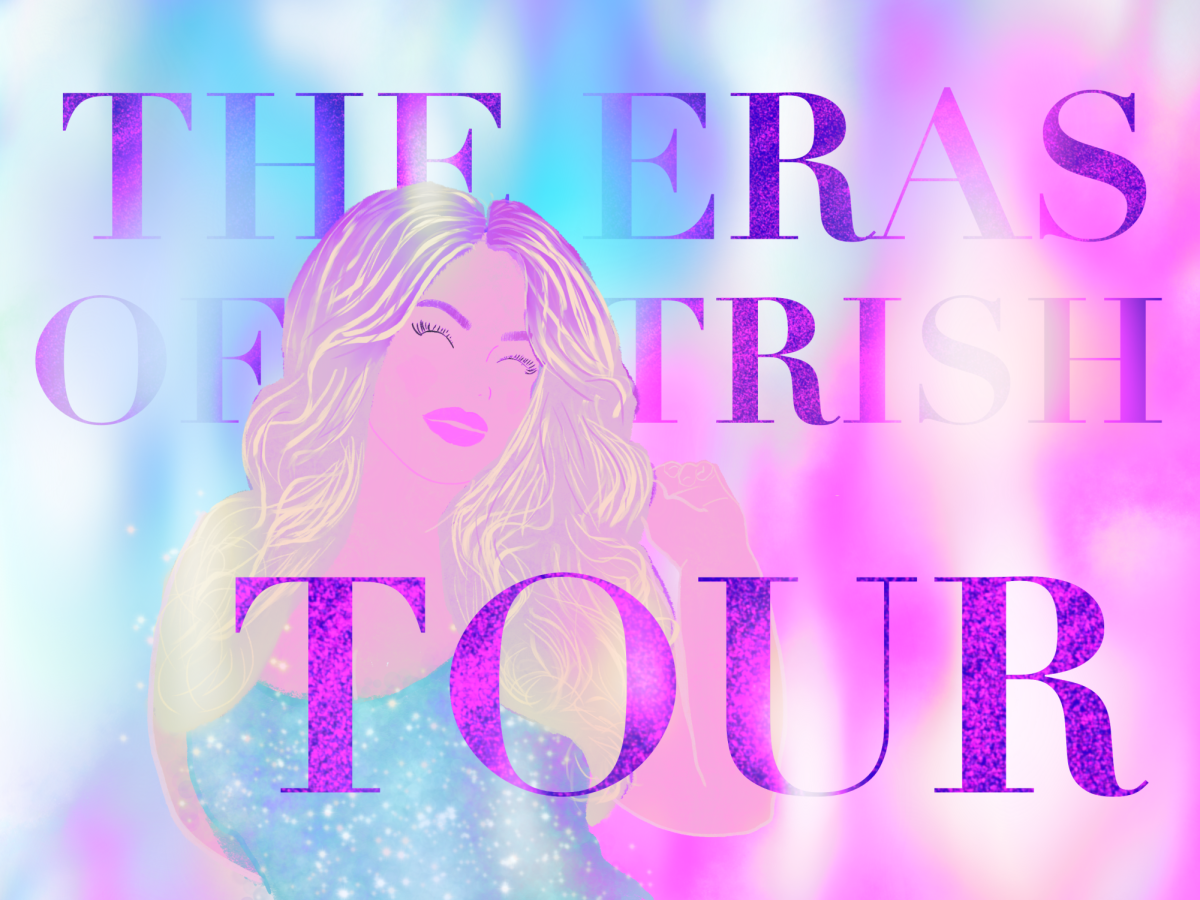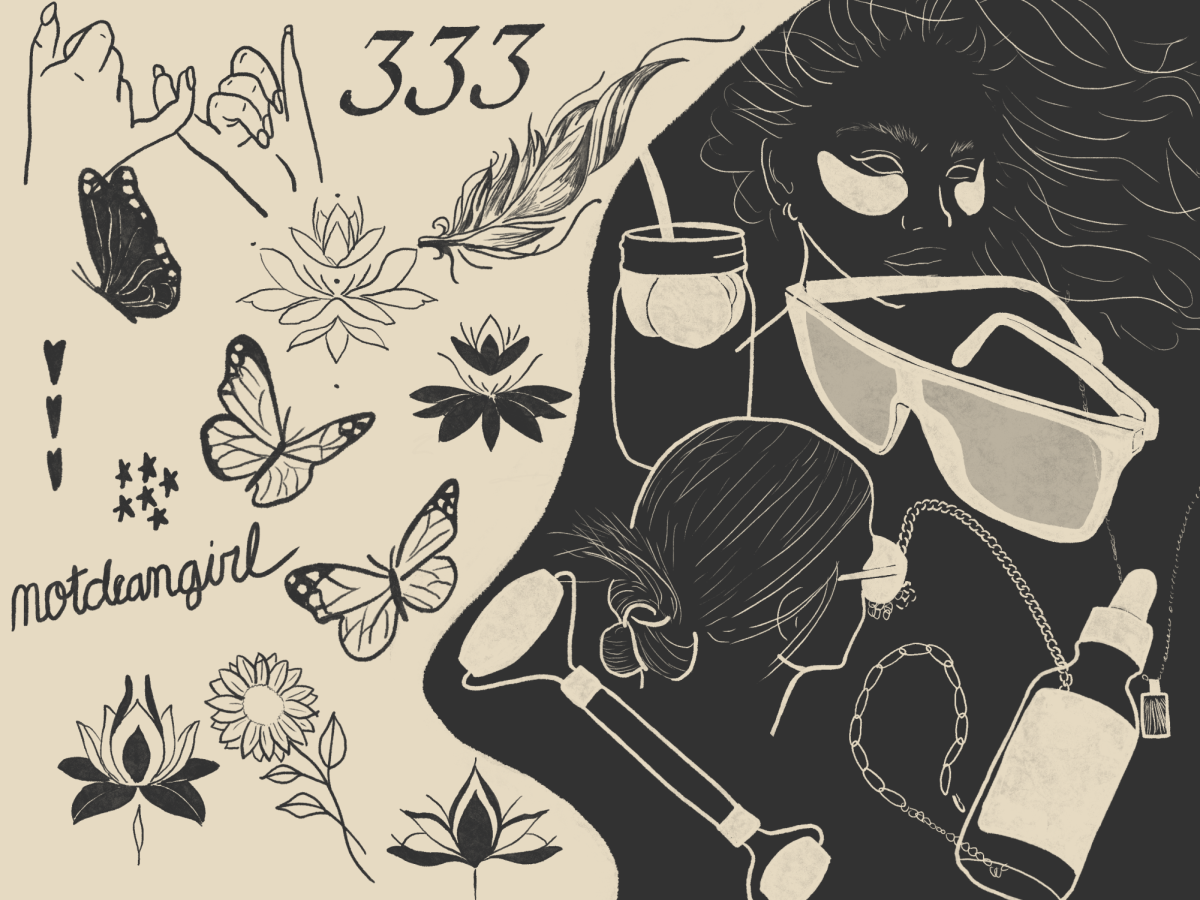
If someone says, “romance books,” many people think of the Harlequin romance novels with dreamily airbrushed couples on the cover, or possibly a classic story like Jane Austen’s “Pride and Prejudice.” I would bet that the image of romance is not stalking, physical violence or a power imbalance between romantic partners. Books containing these themes are often described as “dark romance” books. Although they are a guilty pleasure read for many, they often romanticize abusive relationships and toxic behavior, normalizing them among readers.
According to Words Rated, the sale of romance novels has grown for three consecutive years since the pandemic. In 2023 alone, 39 million copies of romance books were sold in print. Dark romance is a fast-growing trend in this boom of romance books. Book Riot describes dark romance as a rising trend among readers, often erotic romance that contains themes of sexual taboos such as kidnapping, sexual assault, and lack of consent. The genre often blurs the lines between violence and love.
The label of “dark romance” implies that the book will contain more mature and intense themes; however, it often sensationalizes unhealthy sexual relationships in order to keep readers hooked on the shock factor. An example of a dark romance book that crosses the line into abuse and sexual assault would be “Haunting Adeline” by H.D. Carlton, which is infamous for a scene where a stalker rapes a woman by penetrating her with a gun. Despite similar themes of violence and lack of consent throughout the story, it is still considered a romance novel. Using the label of “dark romance” should not be used as a cover-up for abusive relationships and sexual assault.
Spreading narratives that romanticize non-consensual contact and unhealthy relationships will normalize them within society and push the idea that these relationships are okay. The readers that may be picking up a dark romance book can be high school students or even younger, and pushing these stories as an ideal on impressionable readers can cause them not to recognize when they are in abusive situations or when they are being the abuser. It can even cause them to look for a relationship or a partner that expresses toxic traits. It tells those being abused that what is being done to them is pleasure, and it tells abusers that their actions are desired by their partners and seen as romantic and acceptable.
Critics argue that dark romance novels are an outlet for people to explore taboo desires in a safe way, and putting those feelings down on a page can be used to explore those guilty pleasures. However, spreading media content that glorifies and romanticizes unsafe sexual relationships can lead to these ideas becoming normalized. According to the National Domestic Violence Hotline, over 12 million people per year are victims of violence from romantic partners. Furthermore, about half of the total population in the U.S. has experienced psychological aggression from a romantic partner. Situations, where people have been victims of sexual abuse, should not be normalized or romanticized in the name of someone’s guilty pleasure. Numerous books portray unhealthy sexual relationships realistically, highlighting their flaws without sensationalizing them.
Glorifying unhealthy and abusive relationships should not be publicized as guilty pleasures. The real-life horrors that some people have gone through should not be twisted out of context into romance stories.




















sans • Oct 30, 2024 at 3:29 am
People have the liberty to read what they want and enjoy what they want as long as they don’t hold those problematic views themselves, or harm themselves or other people. romanticisation exists everywhere, it is a narrative tool to make something seem better than it is, however, it has a bad connotation. a fiction work cannot normalise or glorify by itself, it is the reader.
The reader has the responsibility to differentiate between fiction and reality. This way they don’t like fictional works with dark themes that influence their views and as such don’t come off as normalising or glorifying. People who can’t differentiate between fiction and reality tend to let these works affect them, so, instead of treating fiction as a way to explore dark themes they use it as a moral guide which is very problematic as it leads to glorifying and normalisation.
This is why I think young and impressionable people shouldn’t be exposed to dark fiction because they don’t have the maturity to distinguish between fiction and reality.
Also, comparing real-life tragedies to dark fictional works is just insane because the point of fiction is to not depict reality. It can never depict reality, that is the genre. The romanticisation of dark themes in dark romance or such types of fiction is purely a tool to make the dark theme more appealing to the reader, assuming the reader is already well aware that this is not how reality works at all.
Shaming people for having unconventional fictional likings is not okay. Reality can never be depicted in fiction. Normalisation and glorification come from the reader. A fiction work is just words on a screen or paper. It is the maturity of the vital reader.
At the end of the day, readers should be able to read dark media responsibly (that is: separating fiction from reality which would entail they do not hold these views in real life and wouldn’t harm themselves or others because of consuming said fiction), and freely without judgement or shame.
Also, it is wise to accurately label triggering content for people who may be sensitive to it.
That’s my opinion, sorry if it reads a bit too messy and if it seems like a rabbling (probably is). I’m not very good at English as it isn’t my first language. I do like to listen to other people’s opinions, and seeing as you share a similar idea about how young people are impacted by dark fiction (as they have impressionable minds, hence can’t differentiate between fiction and reality) is nice. All I was trying to say is that books can’t glorify or normalise by themselves, but they can romanticise (which is not inherently bad). These works in my opinion can be only normalised and glorified if the reader takes these values for themselves, which are immature people (young, impressionable children).
This is an interesting topic, ha